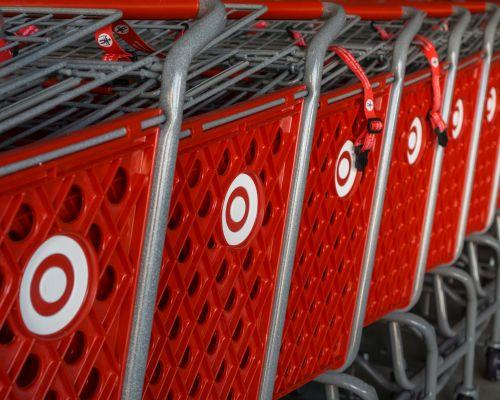
As delivery demand surges amid the coronavirus pandemic, reports of Amazon’s struggles to keep consumers’ orders coming are beginning to surface.
An Amazon spokesperson confirmed to The Seattle Times on Sunday that “a systems impact” was limiting the company’s ability to deliver grocery orders from Amazon Fresh and Whole Foods Market.
Amazon announced it is opening 100,000 new full and part-time positions across the U.S. in its fulfillment centers and delivery network to meet the surge in demand. In addition to the new roles, it’s boosting pay, adding an additional $2 per hour to employee salaries in the U.S., through April up from $15 or more.
The e-commerce giant is also communicating to its suppliers that it will not accept any shipments of non-essential consumer goods until April 5.
Amazon told sellers and vendors that it would accept only shipments of “household staples, medical supplies, and other high-demand products” to its warehouse to deal with high demand amid the coronavirus crisis, according to reports. The online retailer will still deliver any products that are purchased by consumers for supplies that are already in stock.
This halt on shipments applies to sellers who use Amazon’s storage and delivery network for a fixed fee, through Fulfillment by Amazon, as well as vendors who wholesale their products to Amazon, who then resells them at a markup, according to Business Insider.
Amazon communicated this message via email to marketers and sellers outlining its new emergency response plan.
“We are seeing increased online shopping, and as a result some products such as household staples and medical supplies are out of stock,” Amazon wrote. “With this in mind, we are temporarily prioritizing household staples, medical supplies, and other high-demand products coming into our fulfillment centers so that we can more quickly receive, restock, and deliver these products to customers.”
“For products other than these, we have temporarily disabled shipment creation,” the email said. “We are taking a similar approach with retail vendors.”
Amazon is now prioritizing shipment in six categories, according to BI: baby product; health and household (including personal-care appliances); beauty and personal care; grocery; industrial and scientific; pet supplies.

